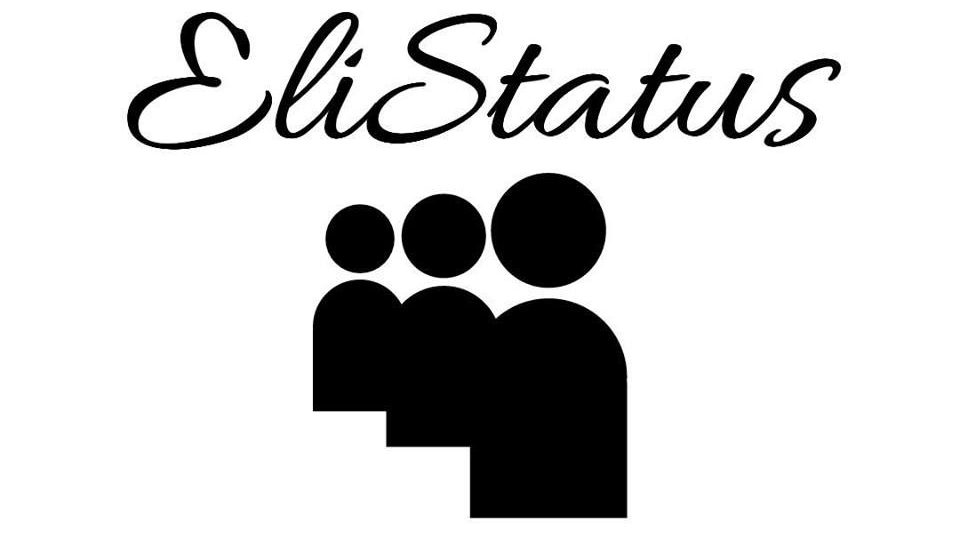It’s common to hear some people say when you become an adult, it’s hard to learn a new language fast, but this isn’t necessarily the case. Learning a new language has nothing to do with age.
There are some simple steps to follow to help as a guideline on the event that learning a language seems complicated. In this post, we explore these steps and look at how to apply them to reach our language goals.
Key Points
8 SIMPLE WAYS TO LEARN A NEW LANGUAGE FAST
1. SET GOALS
The first step to learning a new language fast is to set goals for what you want to achieve. When you set goals, you can measure what you want to accomplish as time goals on to be sure you are getting close to your goals.
The whole concept of learning a language can seem overwhelming because there are many words to learn, and so many different ways to study them. When you set goals, it helps to narrow your focus so you can stop worrying about the details and face the task head-on.
It is not just setting goals that matter, but setting the right kind of goals too. Research has proven that individuals who set the correct type of goals get better results.
Use these guidelines to get the most from your goals:
Focus on specific, tangible outcomes. Set concrete goals, and focus on what you intend to learn instead of how much time you plan to study. An excellent example of a good goal is, “This week I will learn 30 French vocabulary words related to cooking.”
Also, try setting short-term goals. It’s fine to have an ultimate goal that you eventually hope to achieve. But long-term goals are too over the top to act as a daily motivator. Divide your ultimate goal into smaller parts, and set smaller goals for every week or month.
Challenge yourself a bit. Goals work well when they make you push yourself. But if they’re too tasking, they can discourage you. An excellent way to get around this is to set goals with a range of outcomes. For instance, you may say, “I want to learn 20-40 new words this week.” The smaller number in this range makes you feel the goal is achievable, while the higher number encourages you to push yourself.
Last but not least, jot down your goals. Writing down goals helps you stay committed to them. Post your goals in prominent places, like your bathroom mirror or the make your goals the wallpaper of your smartphone.
2. LEARN THE CORRECT WORDS
The second way to help you learn a new language fast is to learn the correct words. Typically, languages comprise of an astonishing number of words. The number of words English has, for instance, ranges from 600,000 and 1 million words.,
Thankfully, you don’t have to learn that much words to be proficient in a language. Think about this: the major 100 words make up about 50 per cent of English language texts, and the top 1,000 words make up about 90 per cent!
Learning these words first can help get rid of wasted time and increase the number of words you understand faster.
3. BE SMART IN YOUR STUDIES
To learn a new language fast, you will need to adopt some learning techniques.
For instance, one of the best ways to increase your vocabulary is to make use of flashcards. Flashcards help you focus on words individually and allow you to test yourself, this, in turn, enables you to memorize new information. You can use either electronic or physical flashcards.
Flashcards work well when you use them to test your memory. Make sure you guess the meaning of the word before you turn the card over. Don’t be too fast to flip the cards over, feel free to imagine even if you don’t know the word, making mistakes will make you learn better.
Try learning to translate the words first then learn to produce new concepts. It is much easier to learn how to translate a foreign word than to say the word when it is written in English.
Keep practising, and you will get better.
Another tip is to imagine the word and say it. Visualize the term you are learning, imagine the image of what it translates to and say the new word out loud. This is another right way to promote memorization.
4. USE THE LANGUAGE DAILY
Using the language daily can seem like a lot as a beginner, but it is not as difficult as it may seem.
Make use of your flashcards, take them everywhere with you and try to go through them while sitting on a bus or when you have a break at work.
When you begin to feel tired, switch from active learning to passive learning. Passive learning is just doing what you would usually do in your native language in the new language you are trying to learn.
Try to watch a video or TV show, or stream radio broadcasts in the language you are learning.
The essence of watching or listening to a new language is to get familiar with how the word sounds, not necessarily to learn everything you hear.
5. PRACTICE IN REAL LIFE
Some of the best ways to learn a language are when you are in a situation where you are forced to speak the language.
One of the best ways to do this is to travel abroad. When you are surrounded by the people who speak the language you are learning; soon you will become accustomed to it.t
But even without travelling abroad, you can get involved in real-life situations that give you a lot of language practice. You can get a language partner who speaks the language you want to learn; you can equally join a foreign club. Another way to get involved in real-life situations is to use an online tutoring or language partner site.
You can also volunteer with immigrants in your area of location or visit establishments where the language you want to learn is being spoken by almost everyone, for instance, an Italian restaurant.
6. STUDY THE CULTURE
Understanding a new language goes beyond the words, try to learn about the history and culture of the language.
Knowing some information about a country or culture’s history, current events, religious beliefs and common customs can help you in understanding a lot of what the people say and do.
Research has shown that children learn to read in a second language better when they understand the culture and context behind the pieces they read.
7. GIVE YOURSELF A TEST
When you know you have a test to take you will surely be motivated to study more.
Try to test yourself from time to time in small ways. If you are using a textbook to learn, take practice tests at the end of every chapter in the book. You can also take online tests in the language of your choice. Thankfully there are a lot of language tests in various styles.
Plan to take a standardized test after a few months to a year of learning. The results can be proper proof perhaps for employers, schools and even yourself that you have worked hard enough to learn the new language.
Some languages also have a standardized test; A good example is JLPT for Japanese or the HSK for Chinese. Ask professionals who know the language to recommend the test to take.
8. ENJOY THE PROCESS
Learning virtually anything will always work out well when it is fun and enjoyable. Try to incorporate games into the learning process. It makes you competitive and as such eager to learn more.
You can also direct your learning to things you love doing. For instance, if you like to dance, study words in the language, you are learning that relates to dancing.
Finally relate with people who are also learning the language, you all can learn together, try to have conversations together in the language and just enjoy the process.



